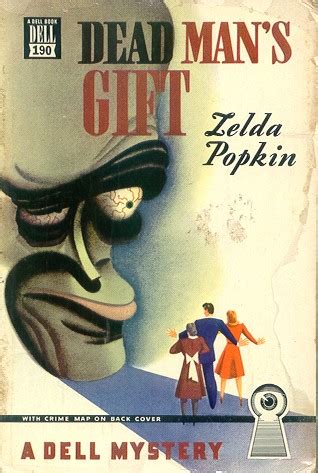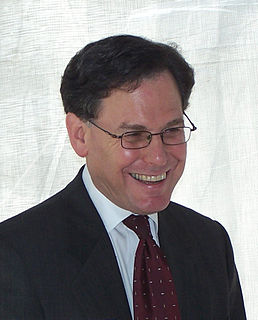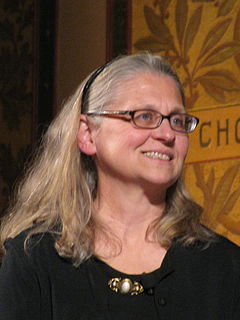A Quote by Kenneth Waltz
War may achieve a redistribution of resources, but labor, not war, creates wealth.
Related Quotes
Socialism is about claims of justice, and it is also about money: about wealth, income, physical and financial capital. It is an ideology based on allocating economic resources. It may try to achieve that goal by nationalizing assets, by command-and-control regulation, or by taxation and redistribution.
Possibly my hatred of war blinds me so that I cannot comprehend the arguments they adduce. But, in my opinion, there is no such thing as a preventive war. Although this suggestion is repeatedly made, none has yet explained how war prevents war. Worse than this, no one has been able to explain away the fact that war creates the conditions that beget war.
At the beginning of World War II the U.S. had a mere 600 or so first-class fighting aircraft. We rapidly overcame this short supply by turning out more than 90,000 planes a year. The question at the start of World War II was: Do we have enough funds to produce the required implements of war? The answer was No, we did not have enough money, nor did we have enough gold; but we did have more than enough resources. It was the available resources that enabled the US to achieve the high production and efficiency required to win the war. Unfortunately this is only considered in times of war.
War is harmful, not only to the conquered but to the conqueror. Society has arisen out of the works of peace; the essence of society is peacemaking. Peace and not war is the father of all things. Only economic action has created the wealth around us; labor, not the profession of arms, brings happiness. Peace builds, war destroys.
In a sense, George W. Bush has used the tragedy of the terrorist attacks of September 11th and the nightmarish expansion of his idea of a war on terror to overshadow his actual conduct in office on the redistribution of wealth upward through progressive tax cuts that actually penalize the vast majority of the public, and shift their resources to a narrow band at the very, very top.
Particularly when the war power is invoked to do things to the liberties of people, or to their property or economy that only indirectly affect conduct of the war and do not relate to the engagement of the war itself, the constitutional basis should be scrutinized with care. ... I would not be willing to hold that war powers may be indefinitely prolonged merely by keeping legally alive a state of war that had in fact ended. I cannot accept the argument that war powers last as long as the effects and consequences of war for if so they are permanent -- as permanent as the war debts.
after a generation or two of shedding the deliberate political encumbrances to war ... of dropping Congress from the equation altogether, of super-empowering the presidency with total war-making power and with secret new war-making resources that answer to no one but him, of insulating the public from not only the cost of war but sometimes even the knowledge that it's happened - war making has become almost an autonomous function of the American state. It never stops.
We conclude that the concentration of wealth is natural and inevitable, and is periodically alleviated by violent or peaceable partial redistribution. In this view all economic history is the slow heartbeat of the social organism, a vast systole and diastole of concentrating wealth and compulsive redistribution.





































